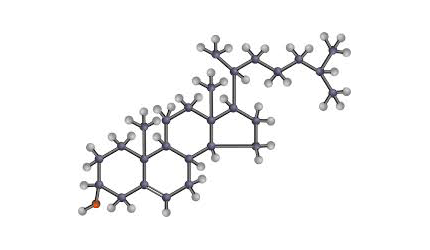
Sanofi/Regeneron’s Praluent Lowers Bad Cholesterol
Sanofi and Regeneron’s biweekly injectable Praluent effectively lowers bad LDL cholesterol and has few side effects, the FDA says in briefing materials released ahead of an advisory committee meeting.
Praluent (alirocumab) is one of two drugs in a class known as PCSK9 inhibitors being considered this week by the Endocrinologic and Metabolic Drugs Advisory Committee. The other is Amgen’s Repatha (evolocumab).
In Phase 3 trials, Praluent reduced LDL cholesterol at 12 weeks by 45 percent when dosed at 75 mg and by 63 percent at 150 mg. Moreover, it was well-tolerated, with generally mild adverse reactions and rare allergic events.
The benefit-risk assessment supports approval of Praluent to treat patients whose LDL cholesterol isn’t adequately lowered with statins or are unable or unwilling to take those products, the FDA says.
In a memorandum accompanying the documents, James Smith, deputy director of the Division of Metabolism and Endocrinology Products, notes that since the 1990s, the FDA has used lowered LDL as a surrogate endpoint for reduced likelihood of heart attack and stroke. However, he adds, sponsors of lipid-lowering drugs are not required to demonstrate benefit in a cardiovascular outcomes trial.
“Regardless of how confident we may be in the ‘LDL hypothesis,’ we must remember that LDL-C remains a surrogate and not a clinical outcome that reflects how patients feel, function or survive,” Smith says.
The FDA is asking the committee to decide if Praluent’s benefit outweighs its risks in one or more patients populations — e.g., patients with different degrees of cardiovascular risk or with no family history of high LDL.
While the agency isn’t obligated to follow advisory panel recommendations, it usually does so.
View the briefing document at www.fdanews.com/06-15-FDA-AdCom.pdf. — Jonathon Shacat
